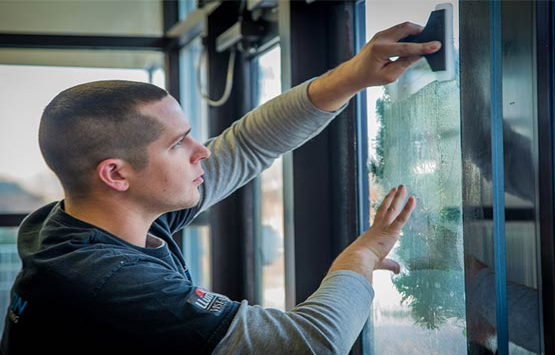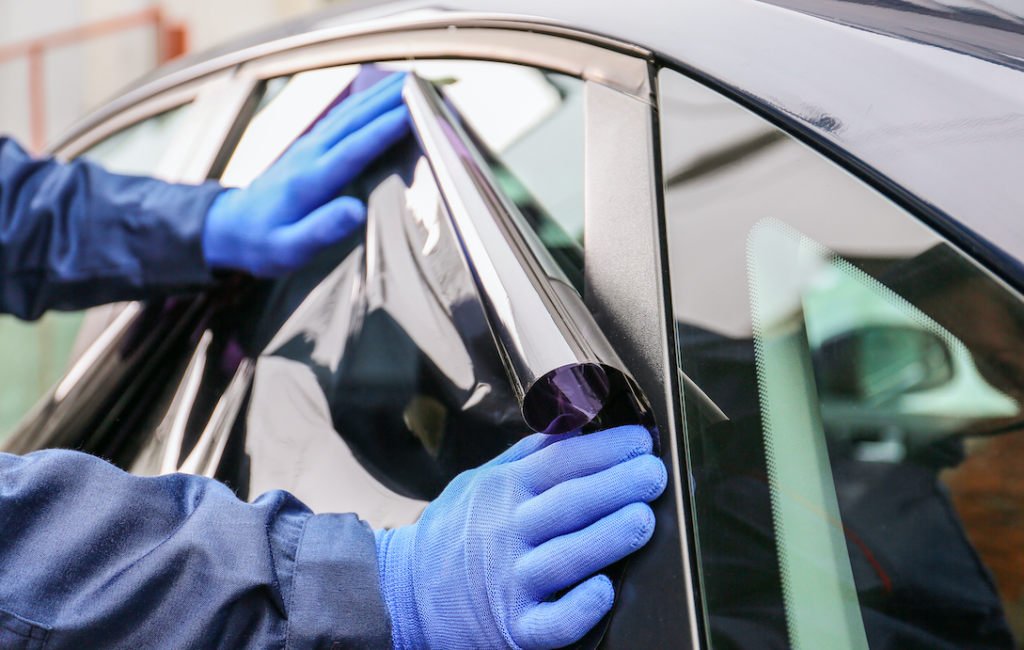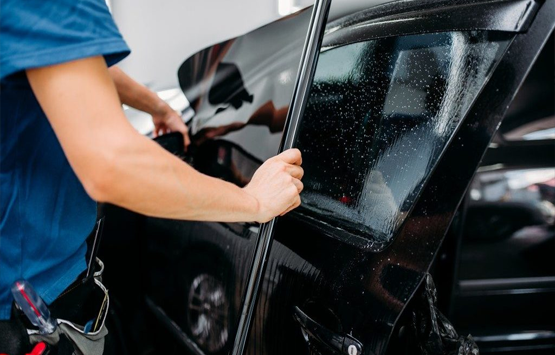When it comes to window tinting, Los Angeles and Glendale residents have a lot to consider. Window tinting can enhance the aesthetics of your vehicle, increase privacy, and provide protection from harmful UV rays. However, it’s crucial to strike a balance between enjoying these benefits and staying within the legal limits. In this comprehensive guide, we’ll explore the regulations and options for window tinting in Los Angeles and Glendale, ensuring you stay compliant while enjoying the perks of tinted windows.
Legal Regulations in Los Angeles and Glendale
Now that you understand the benefits of window tinting in our previous blog posts, it’s time to focus on the legal requirements for tinted windows in Los Angeles and Glendale.
Visible Light Transmission (VLT) Limits
Window tinting’s legality is determined by Visible Light Transmission (VLT), which measures the amount of light that can pass through the tinted windows. In Los Angeles, the California Vehicle Code mandates front side windows to have a VLT of 70% or higher, blocking 30% or less of visible light. In Glendale, regulations align with Los Angeles, with front side windows also having a VLT of 70% or higher and no restrictions for rear side and rear windows.
Medical Exemptions
In some cases, individuals with specific medical conditions may be granted exemptions to use darker window tints. These exemptions are not universal, so it’s essential to consult with the Department of Motor Vehicles (DMV) or a medical professional to determine your eligibility for a medical exemption.
Consequences of Non-Compliance
It’s crucial to understand the repercussions of not adhering to the legal window tinting regulations in Los Angeles and Glendale.
Legal Penalties
Non-compliant window tinting can result in legal consequences, including fines, and potentially even having your vehicle declared illegal for road use until the tint is removed or replaced.
Failed Inspections
During vehicle inspections, excessive window tint darkness can lead to a failed inspection, which means your car won’t be road-legal until the tint is brought into compliance.
Impact on Insurance
Non-compliant window tinting might affect your car insurance coverage. In the event of an accident, your insurer may raise concerns about your car’s roadworthiness if it doesn’t meet legal window tins requirements in Los Angeles.
Reduced Visibility and Safety
Darker tints can hinder visibility, especially at night or in low-light conditions, potentially increasing the risk of accidents.
Making Informed Decisions
Now that you’re aware of the legal regulations and consequences, you can make an informed decision about window tinting in Los Angeles and Glendale. Here are some essential steps to help you navigate the process.
Consult the Experts: If you’re considering window tinting, consult with professionals who are well-versed in the regulations of Los Angeles and Glendale. Luxury Tinting Glass can advise you on the appropriate VLT levels and ensure compliance with the law.
Choose Quality Materials: Opt for high-quality window tinting materials. While they may be a bit more expensive, they are more likely to be durable and comply with VLT limits.
Be Aware of Medical Exemptions: If you have a medical condition that requires darker tints, explore the possibility of obtaining a medical exemption. This can provide legal leeway for a safer and more comfortable driving experience.
Regular Maintenance: To avoid the negative consequences of non-compliant window tinting, ensure that your tinted windows are well-maintained and remain within the legal VLT limits.
The Bottom Line
In Los Angeles and Glendale window tinting can provide several benefits, from UV protection to enhanced privacy and comfort. However, it’s essential to remain compliant with the legal regulations surrounding window tint darkness to avoid potential legal issues and safety hazards.






